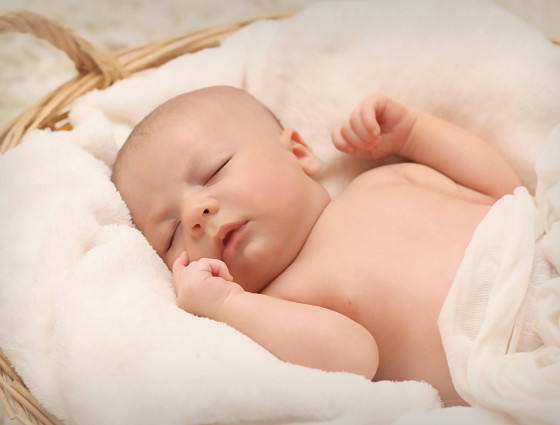
Sleep in babies and children (Draft - Best start)
Useful resources and advice about safe sleeping in the early years.
Sleeping is a big part of your baby’s life during their first year and it is important they sleep as safely as possible.
Find out what your baby needs to sleep safely, how much sleep they need, and get tips on coping with tiredness.
 Facebook
Facebook Twitter
Twitter Email
Email WhatsApp
WhatsApp Messenger
Messenger